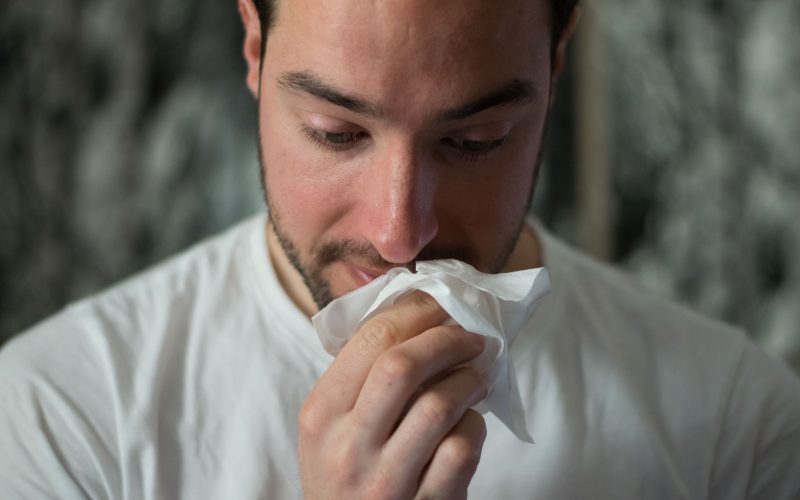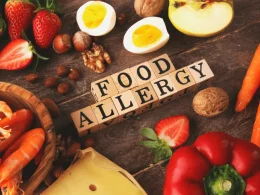Whooping cough, also known as pertussis, is a highly contagious respiratory infection that can be especially dangerous for infants, young children, and people with weakened immune systems. While the disease can be prevented with a vaccine, outbreaks still occur, and it’s important to know the symptoms, causes, and treatment options.
Symptoms of Whooping Cough
The symptoms of whooping cough usually start out mild and similar to those of a cold, such as a runny nose, sneezing, and a low-grade fever. However, after about a week, the characteristic coughing spells begin. These spells are often severe and can cause a person to cough so hard and so long that they have trouble breathing. The coughing spells may end with a “whoop” sound as the person tries to catch their breath.
While adults may experience milder symptoms, babies and young children are at greater risk of serious complications, including pneumonia, seizures, and even death. If you suspect that you or your child may have whooping cough, it’s important to seek medical attention right away.
Causes of Whooping Cough
Whooping cough is caused by the bacterium Bordetella pertussis, which spreads through the air when an infected person coughs or sneezes. The disease is highly contagious, and people can be infected even if they’re vaccinated, although vaccination can make the symptoms milder.
The best way to prevent the spread of whooping cough is through vaccination. The Centers for Disease Control and Prevention (CDC) recommends that children receive five doses of the vaccine, starting at two months of age, and that adults get a booster shot every ten years.
Treatment of Whooping Cough
If you or your child is diagnosed with whooping cough, treatment may include antibiotics to help control the infection and prevent the spread of the disease. However, antibiotics are most effective if they’re given early in the course of the illness, so it’s important to seek medical attention as soon as possible.
In addition to antibiotics, other treatments may include:
- Rest and hydration: Getting plenty of rest and drinking lots of fluids can help you or your child recover more quickly.
- Medications to ease coughing: Over-the-counter medications such as cough syrups or lozenges may help ease the severity of coughing spells, but these should only be used under the guidance of a healthcare professional.
It’s important to note that coughing is a natural way for the body to clear the lungs of mucus and irritants, so suppressing the cough too much may not be helpful. If you or your child has whooping cough, your healthcare provider can provide guidance on the best course of treatment.
In conclusion, whooping cough is a serious illness that can be prevented through vaccination. If you or your child experiences symptoms of whooping cough, seek medical attention right away. With proper treatment and care, most people with whooping cough can make a full recovery.











